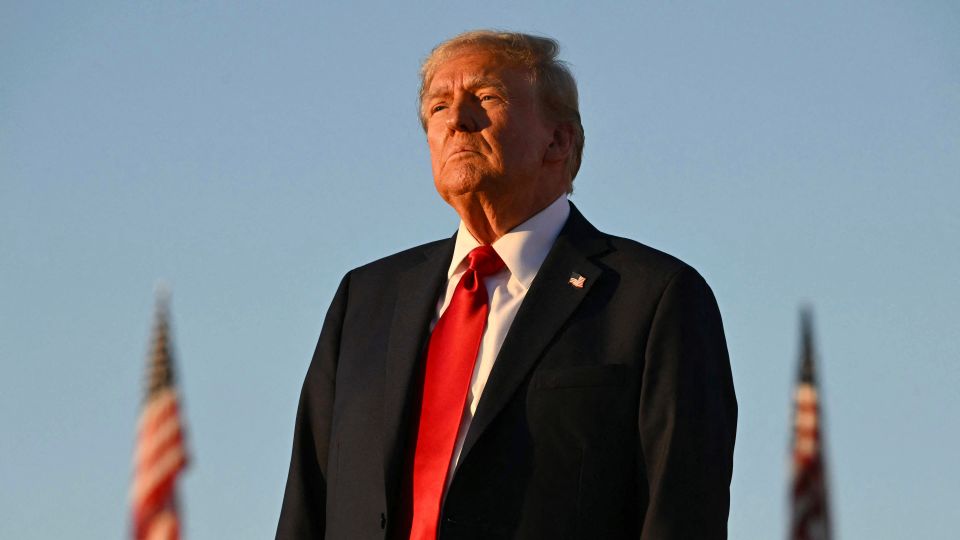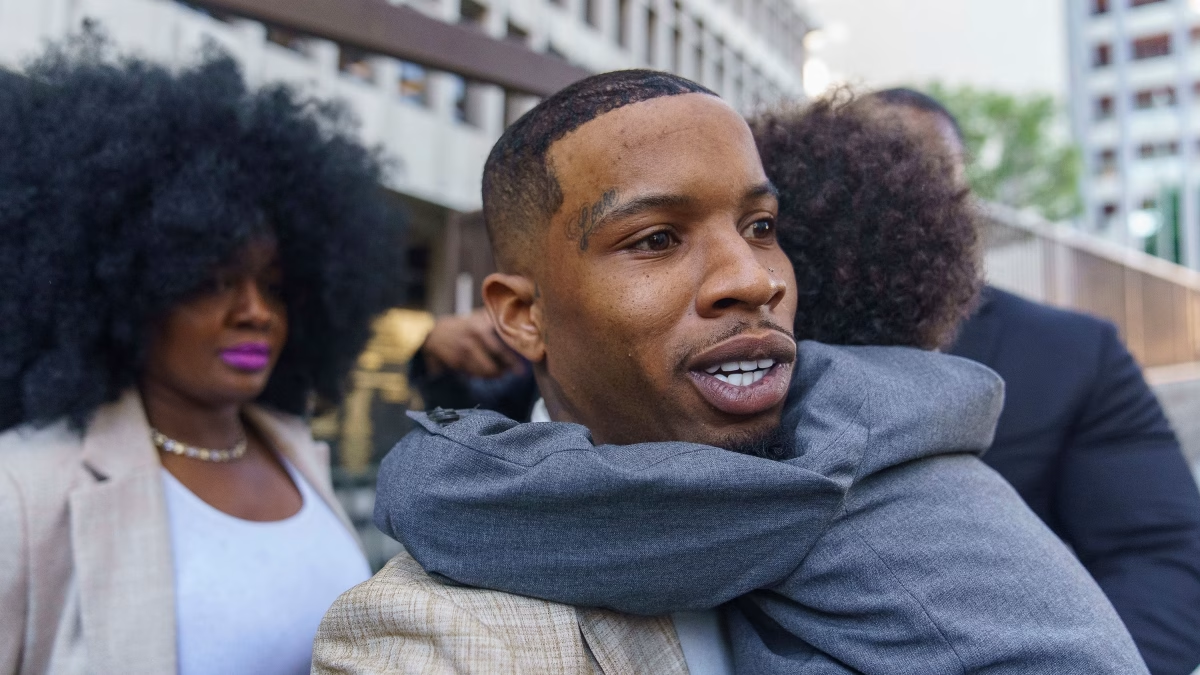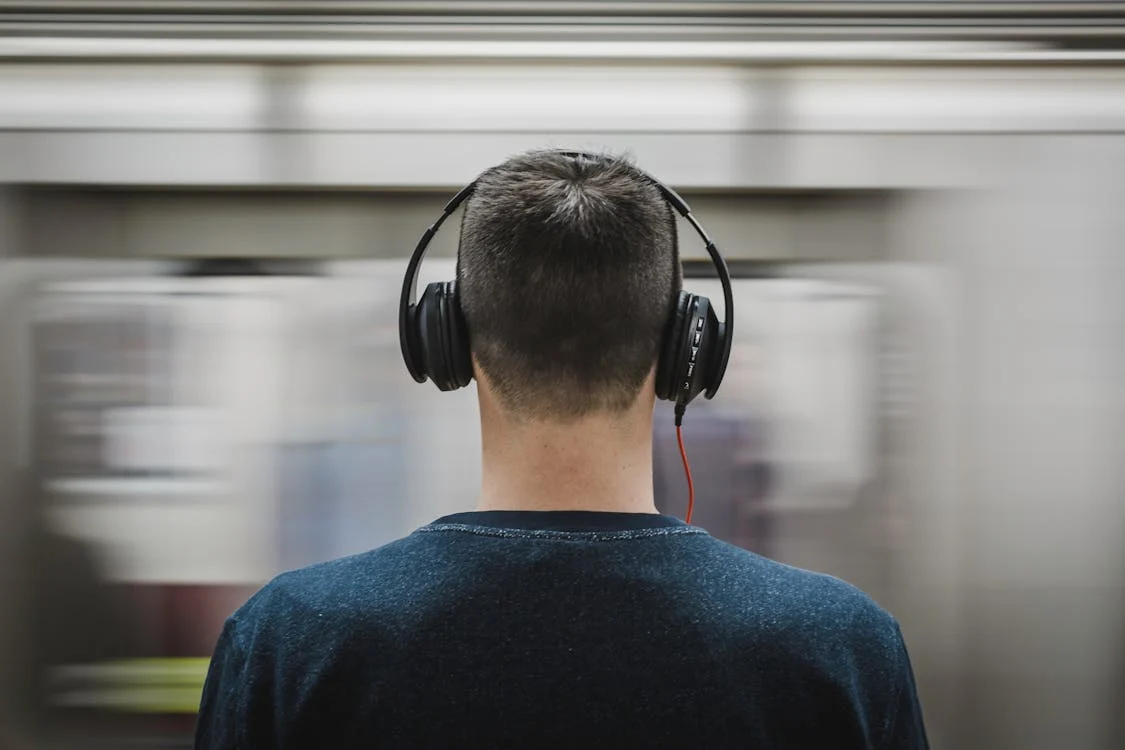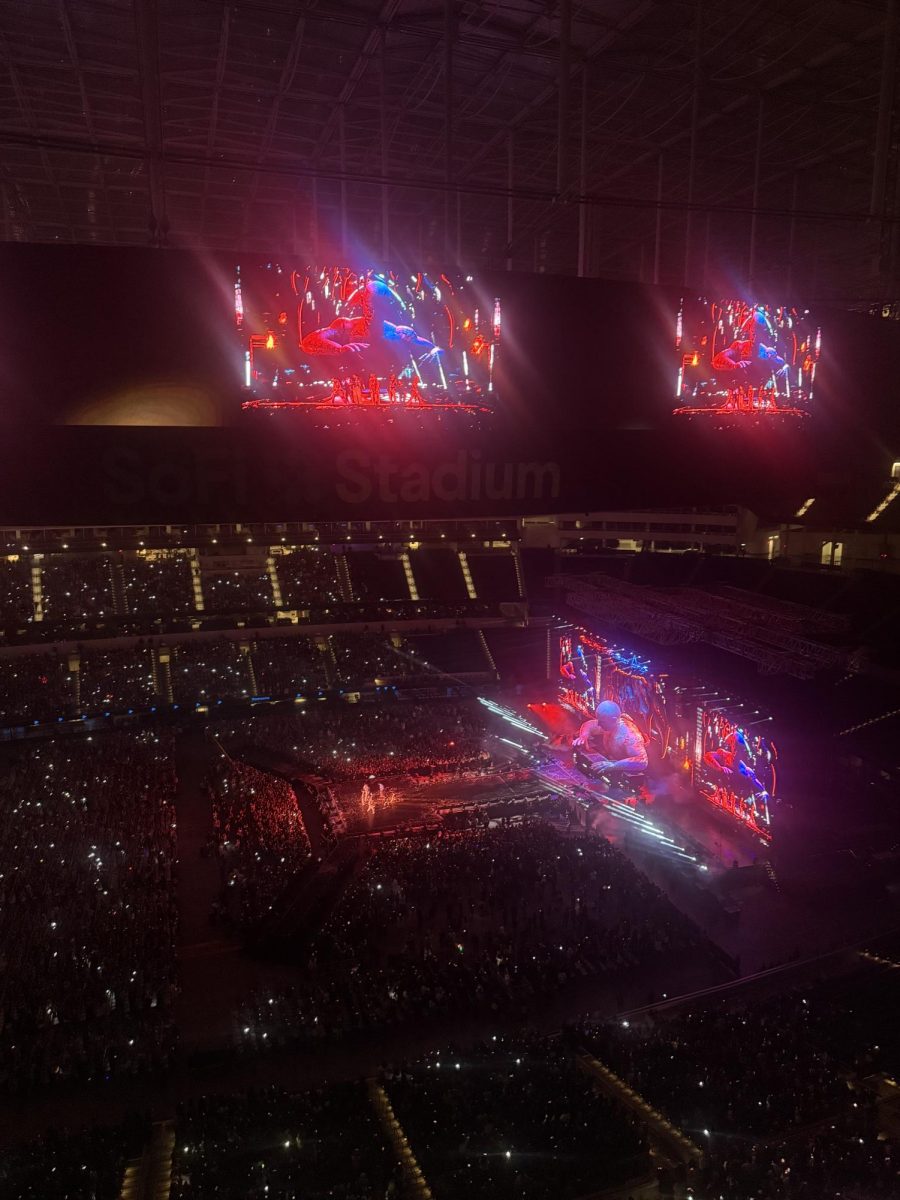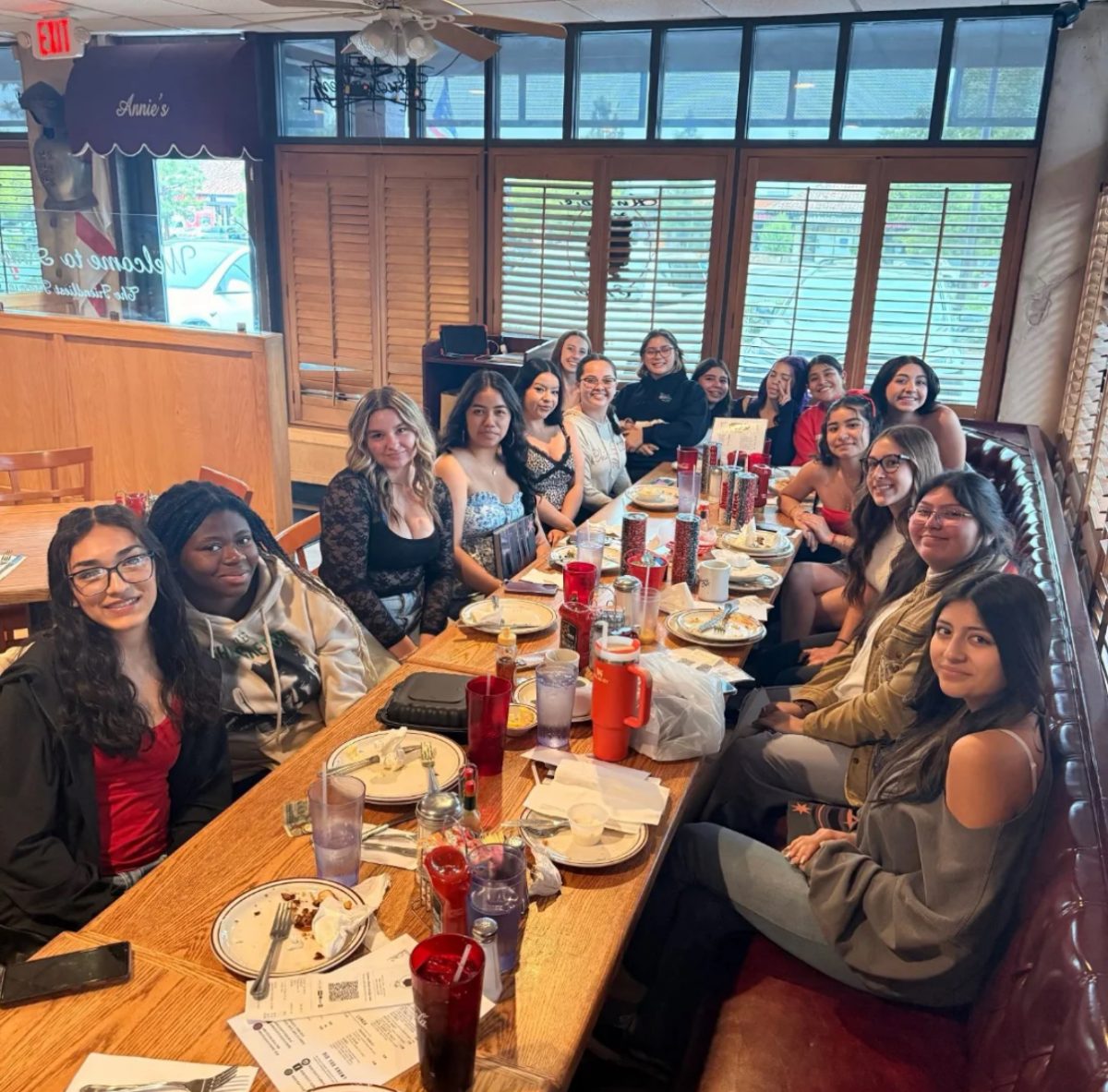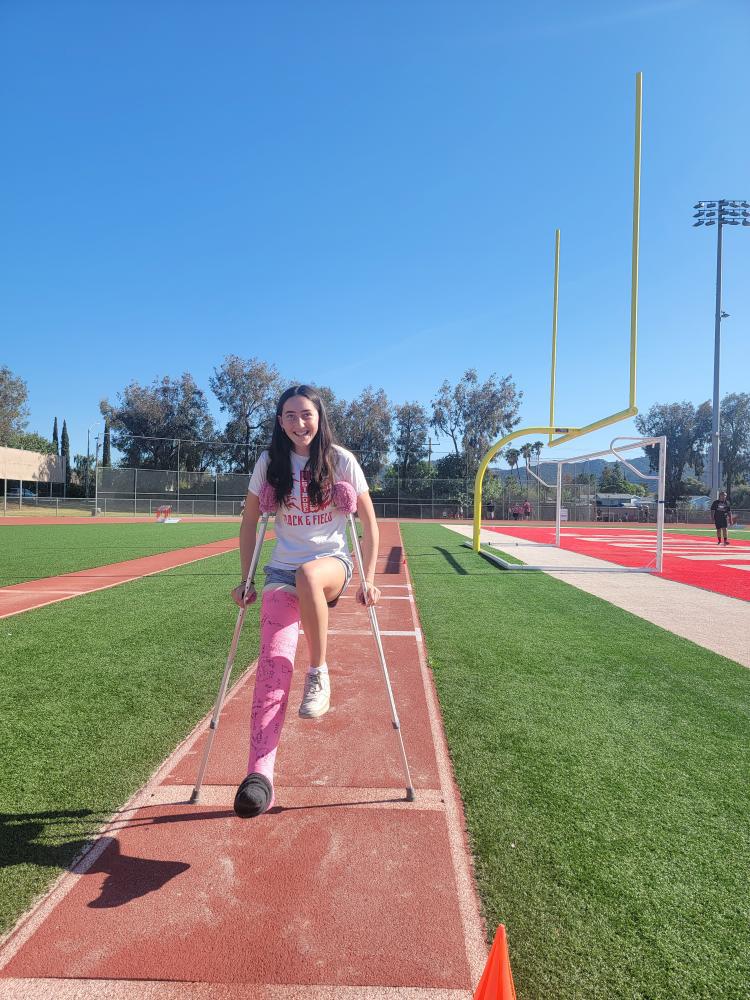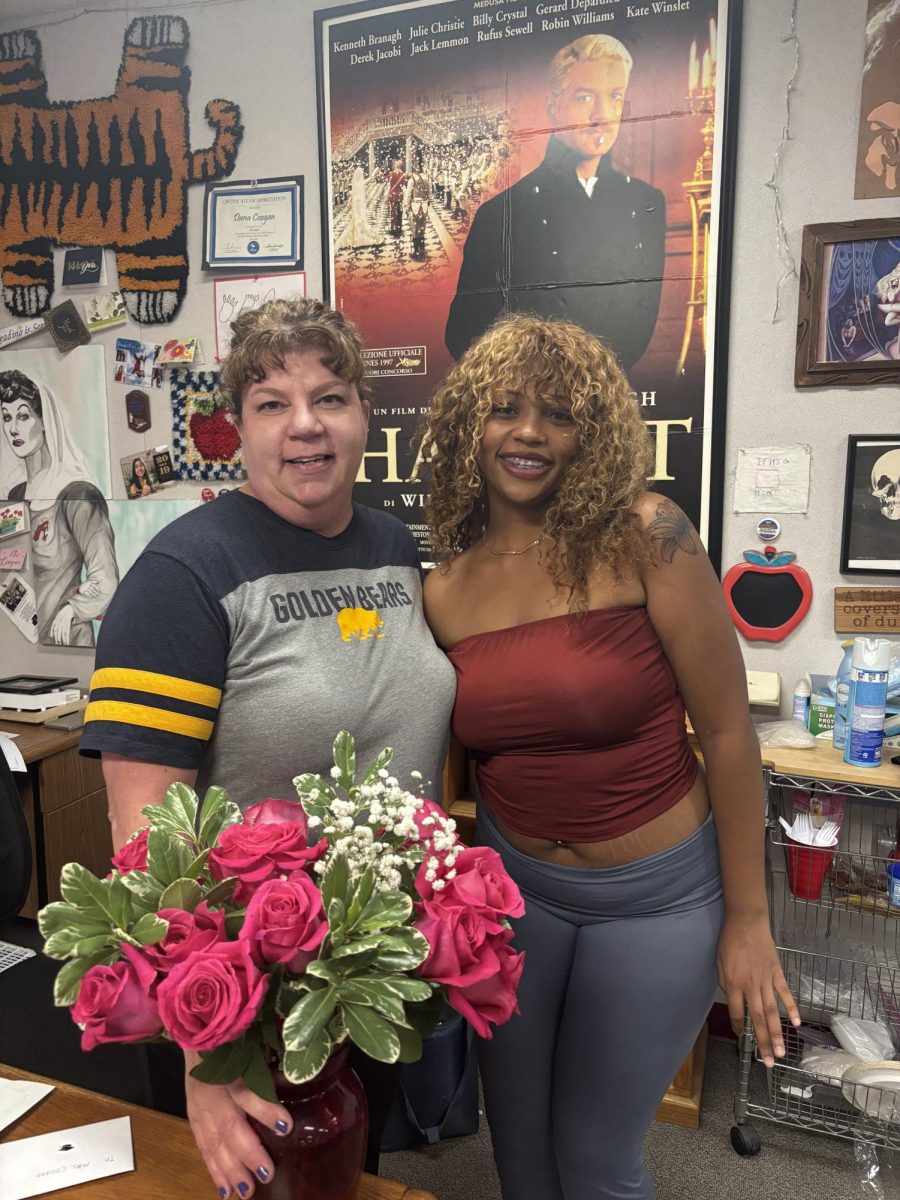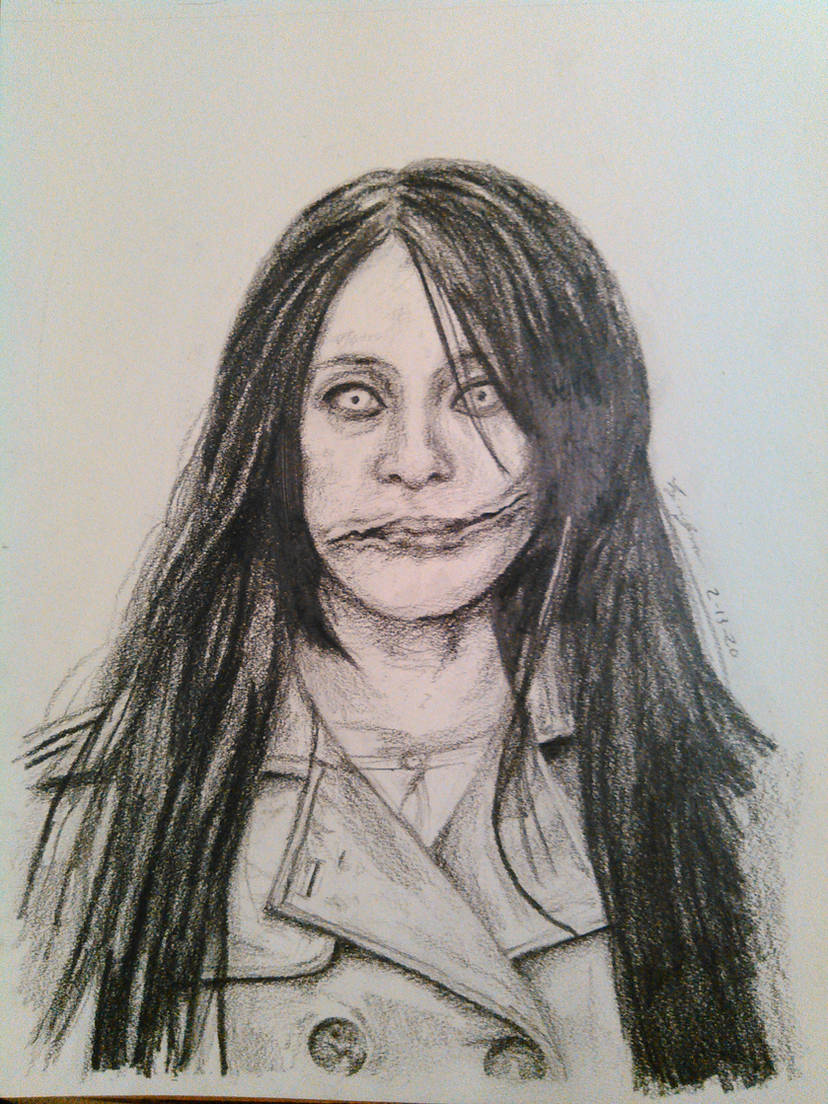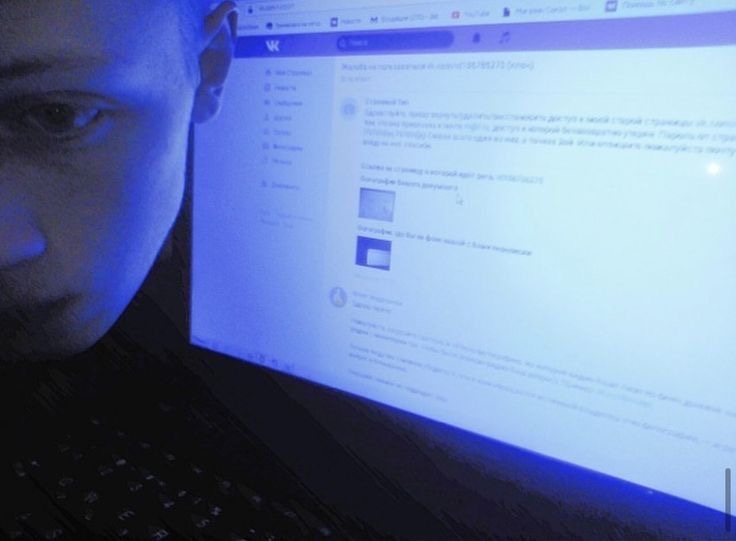⭑. ݁₊ ⊹ . ݁˖ . ݁I can’t get the Vlad Roslyakov college massacre out of my mind. Reading about it felt almost surreal, yet horrifyingly real, knowing that lives were shattered within seconds. Vlad Roslyakov, a quiet and reportedly introverted student from Kerch Polytechnic College, executed a meticulously planned attack that resulted in such a tragic loss of young lives. The parallels to other high-profile shootings, especially in the way he planned and carried out the attack, make it all the more chilling.
From what I’ve read, Vlad faced a lot of isolation and, possibly, bullying. He even had an interest in violent video games, which some people have latched onto as a reason for his actions. I’m not convinced that’s enough, though. There had to be something deeper, something that caused him to feel so much anger and detachment from his peers and humanity. The details that emerged about his personal life—his struggles with making friends, his quiet demeanor—seem to hint at someone who carried a heavy burden of loneliness and frustration.
It’s hard not to imagine what it must have been like to be there that day. The students and teachers who had no idea what was coming, who went to college just like any other day, and suddenly were forced into a nightmare. I can’t even imagine the terror, the chaos, and the immense sadness that followed for the survivors and the families of those who lost their lives.
This whole story leaves me wondering about the failures in society to identify and help people like Vlad before they reach such a tragic breaking point. What if someone had reached out to him, noticed the signs, or offered him real support? How do we prevent things like this from happening again, not just with security measures but by addressing the root causes of isolation, mental health issues, and the struggles young people often face?
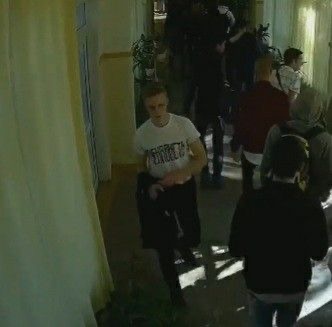
For now, all I can do is reflect on the immense sadness of it all. It’s hard to feel hopeful on days like this, but maybe there’s a way for this tragedy to serve as a wake-up call—a reason for us to better understand and support those who feel unseen, unheard, and hopeless.







